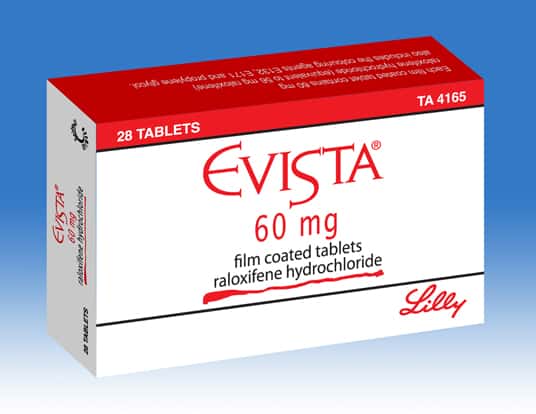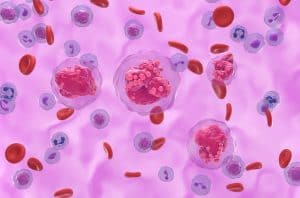
NICE finalises tamoxifen guidance
pharmafile | June 26, 2013 | News story | Sales and Marketing | Evista, NICE, lilly, tamoxifen
Women at risk of breast cancer can now be offered a daily pill on the NHS to stop the disease developing, according to the latest direction from NICE.
The health watchdog has updated its guidance to allow tamoxifen or Lilly’s Evista (raloxifene) to be given to some women with a family history of cancer because the drugs – although neither is UK-licensed as a preventative treatment – can help stop the disease developing.
The new option has been welcomed by patient groups because one of the two current alternatives – surgery to remove breasts and, sometimes (because the same genetic mutation can cause ovarian cancer) ovaries – is particularly invasive and traumatic.
Annual screening for those with a genetic predisposition to the disease, to detect a tumour early, is also available, but NICE has decided that this third option makes sense. The decision sets in stone recommendations made in January.
“Our updated guideline now gives women more options in how they manage their risk of breast cancer,” explained Professor Mark Baker, director of the Centre for Clinical Practice at NICE.
“Those with a ‘moderate’ or ‘high’ risk of developing breast cancer because of their family history but who have not had the disease themselves can now be offered tamoxifen or raloxifene for five years to prevent it,” he said.
Hundreds of thousands of otherwise healthy people will be at risk of developing breast cancer because it runs in their family.
NICE has also said the threshold at which genetic testing is offered now should be halved and that the NHS should offer testing to otherwise healthy people if it is likely they have a genetic mutation.
This will inevitably mean more men and women being seen, admitted Professor Gareth Evans, consultant in clinical genetics at St Mary’s Hospital in Manchester who helped to develop the recommendations.
“Testing unaffected relatives will also have an impact on services but genetic clinics are able to carry out testing much quicker nowadays – between four and six weeks in some cases – and the cost of genetic testing is dropping substantially,” he went on.
“Weighted against the possibility of preventing breast cancer in high-risk women, this is a cost effective option for the NHS,” Evans concluded.
It is the most common form of cancer in the UK, with 50,000 women and 400 men diagnosed each year – and one in five will be associated with a family history of the disease.
Baroness Delyth Morgan, Breast Cancer Campaign’s chief executive, said the new guidance was ‘historic’. “Having varied options available to women at an increased risk enables more effective prevention, detection and treatment of the disease,” she added.
Doctors will now have a much more effective way of estimating a patient’s risk, said Professor Peter Johnson, Cancer Research UK’s chief clinician.
“This depends on age and family history, when to offer genetic testing or surveillance – such as MRI scans – and when to offer preventative treatment such as mastectomies or drugs like tamoxifen or raloxifene,” he added.
Adam Hill
Related Content

NICE recommends migraine treatment for NHS use
The National Institute for Health and Care Excellence (NICE) has shared draft guidance recommending AbbVie’s …

GSK’s Jemperli recommended by NICE for endometrial cancer treatment
GSK has announced that the National Institute for Health and Care Excellence (NICE) has recommended …

NICE recommends SC treatment of AbbVie’s Tepkinly for patients with DLBCL
AbbVie has announced that the National Institute for Health and Care Excellence (NICE) has recommended …








